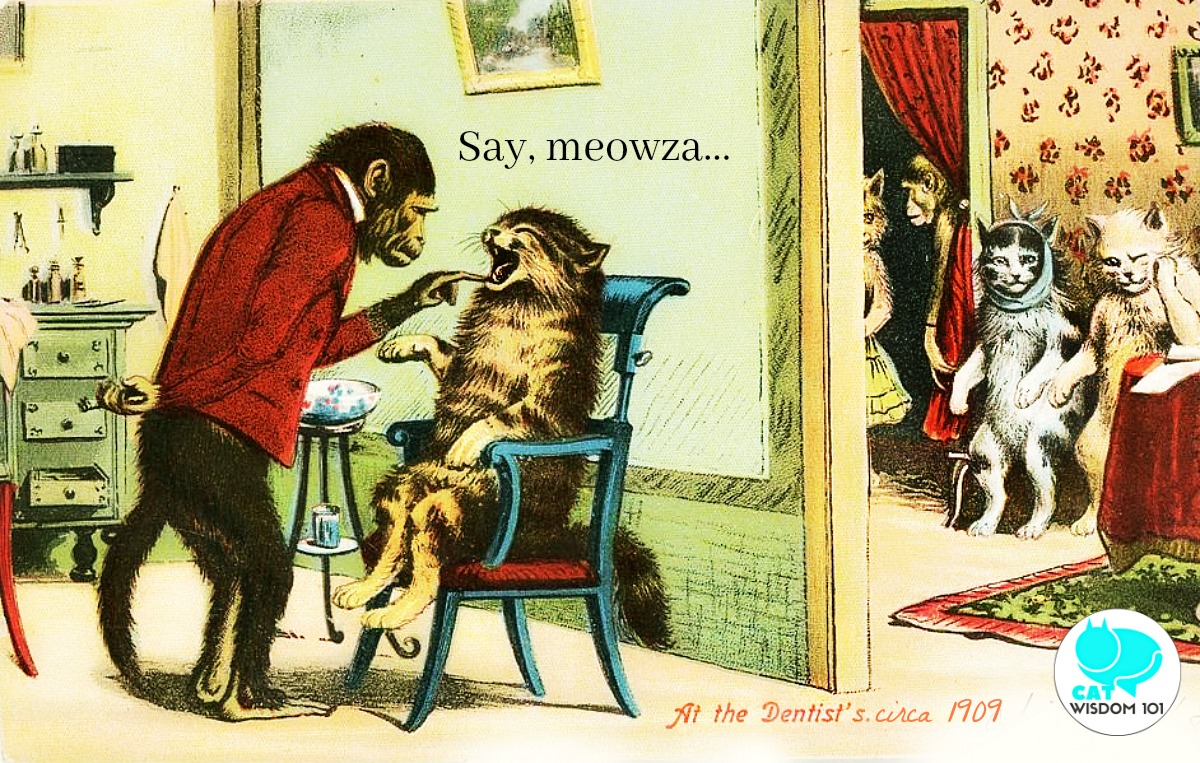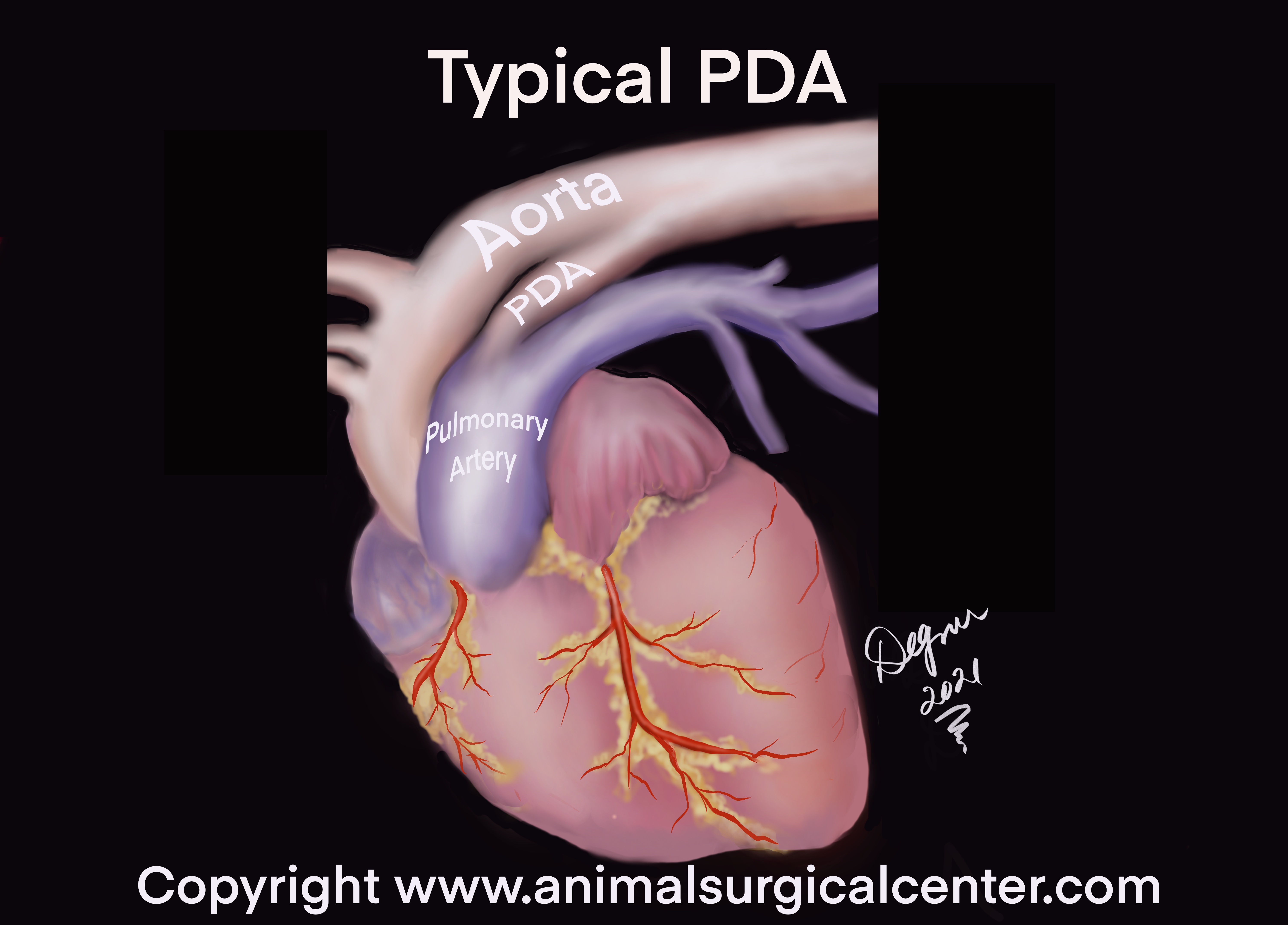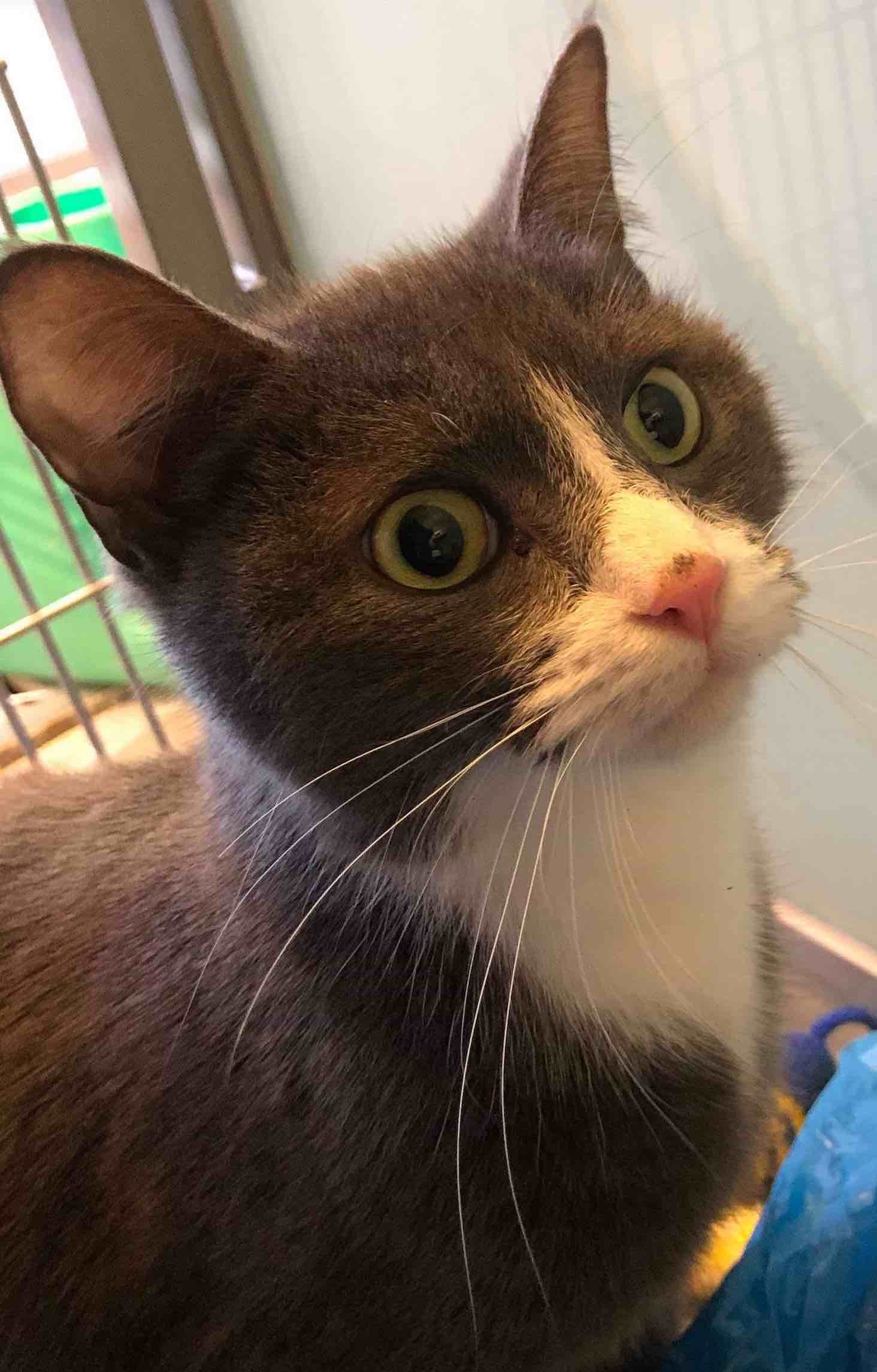Heart Murmur In Cats And Anesthesia

Prevalence of cardiomyopathy in apparently healthy cats.
Heart murmur in cats and anesthesia. The murmur we hear is the blood flowing tubulently. It is therefore imperative to reach a complete cardiac diagnosis rather than to settle for a diagnosed murmur as reason enough to avoid general anesthesia especially when non-elective procedures are considered. If you have an undiagnosed murmur it is important that this is further evaluated before surgery.
If the heart murmur is severe enough to cause heart disease such as congestive heart failure then signs such as coughing difficulty breathing rapid breathing or even collapse may be seen. By monitoring your pets heart rate your veterinarian can make anesthetic adjustments quickly. Anesthesia paired with any cardiological condition poses a serious risk and many veterinarians will refuse to perform the operation entirely if they suspect a murmur.
With a cardiac murmur but with out any clinical symptoms. So basically having a murmur doesnt really mean much. Yes certain heart conditions do increase the risk of general anesthesia.
Identify all prescribed and over-the-counter medications including aspirin and supplements to avoid ad-verse drug interactions1 Physical examination. Heart murmurs are most commonly a result of a compromised heart valve. Some normal adult cats may have an intermittent heart murmur that shows.
But sometimes the position cats are standing in when we listen can affect the sounds we hear. For induction of anesthesia propofol is one of the safest methods. This type of murmur is benign not harmful.
This happens when the heart walls are thickened. An echocardiogram cardiac ultrasound is a simple non-invasive imaging test that can evaluate your murmur. The ultrasonographer will tell us if this murmur is serious or not.

















